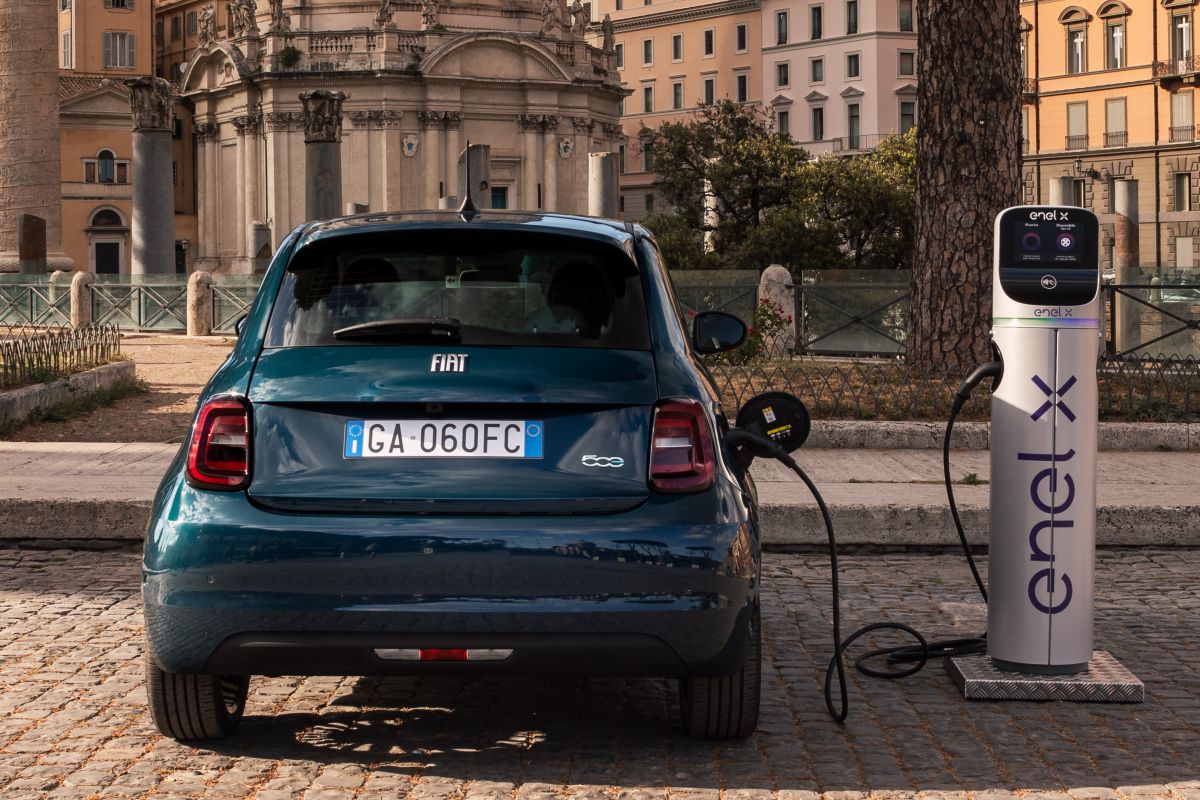Read The Full Article On: Investorplace
Chinese electric vehicle (EV) manufacturer Xpeng (NYSE:XPEV) is suffering from some winter blues and is in need of some roadside assistance as XPEV stock is experiencing a December to forget, shedding 39.31% for the month ending Dec. 24.

Source: Johnnie Rik / Shutterstock.com
Unlike Nio (NYSE:NIO), the titan of the investable Chinese EV universe, Xpeng is new to U.S. investors. It went public in late August, spending the better part of three months slogging around its initial public offering (IPO) price before a November surge that saw the stock more than triple. The good times ended almost as rapidly as they started as XPEVE stock, Nio and Li Auto (NASDAQ:LI) are all slumping to end 2020. In fact, the Xpeng and Li Auto charts look remarkably similar.
Much of the consternation surrounding Chinese EV makers stems from the Holding Foreign Companies Accountable Act – bipartisan legislation that seeks to hold Chinese companies listed on major U.S. exchanges to the same standards American companies deal with. Not only is this a bipartisan bill, a rarity on Capitol Hill, given his hard line against the world’s second-largest economy, President Trump is likely to sign it before leaving office.
The good news for investors mulling names like Nio or Xpeng is twofold. First, the aim of the legislation isn’t to make life miserable for credible Chinese companies like Nio or Alibaba (NYSE:BABA). Rather, the objective is to prevent the Luckin Coffee’s(OTCMKTS:LKNCY) of the world from listing in the U.S.
Second, the aforementioned declines hastened by the Holding Foreign Companies Accountable Act bring opportunities to get involved with Chinese EV names, including Xpeng.
XPEV Stock Pros and Cons
As is the case with so many EV names, particularly the China-based group, there advantages and drawbacks to involvement with these equities and Xpeng isn’t immune to that scenario.
First, as noted above, there’s plenty of capable competition in China’s EV market. Of course, there will always be comparisons to the U.S. because these are the world’s two largest automotive markets, but the landscape is significantly different in China. Yes, Tesla (NASDAQ:TSLA) has “competitors” in the U.S., but many are latecomers and Tesla already has dominant positioning as the premier domestic maker of luxury EVs.
Conversely, Xpeng faces a more robust competitive landscape in its home nation. Second, the company isn’t profitable and shedding its money-losing ways is going to take several years.
On the positive side of the ledger, Xpeng is actually making and delivering vehicles and it’s not dependent on partnerships or contracts – traits investors shouldn’t take for granted with any stock in this arena.
Xpeng actually producing vehicles is relevant because the long awaited EV tipping point– when electric cars are comparably priced to gas-powered rivals – is nearing. Once the $100 per kilowatt-hour mark is breached, the EV floodgates could open. In fact, some Chinese makers of electric buses are already there.
Bright Long-Term Outlook
If solid-state batteries take off, and it’s likely that will happen because it’s a cheaper alternative to lithium-ion, battery costs could decline to $58 per kilowatt-hour by the start of the next decade, potentially providing significant incentive for drivers previously apprehensive about EVs to join the party.
While that’s obviously a longer-ranging catalyst for Xpeng, it’s worth noting the company isn’t solely reliant on China. It recently started delivering vehicles to Europe, a region known for broad adoption of renewable energy and EVs.
Should Xpeng prove adept at selling multiple models in Europe, financial markets are likely to reward that, stoking the thesis that XPEV stock’s recently doldrums may be too much too fast and a buying opportunity for risk-tolerant investors.

